Education is the power to think clearly, the power to act well in the worlds work, and the power to appreciate life
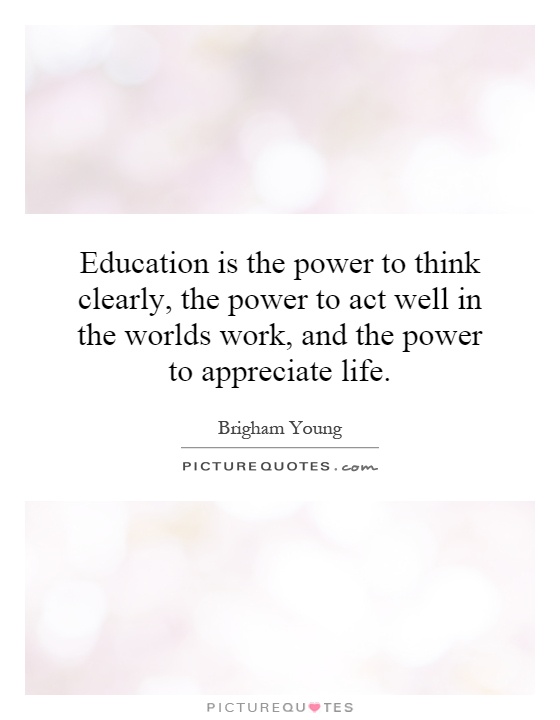
Education is the power to think clearly, the power to act well in the worlds work, and the power to appreciate life
Brigham Young, the second president of The Church of Jesus Christ of Latter-day Saints, was a firm believer in the power of education. He understood that education was not just about acquiring knowledge, but about developing the ability to think clearly, act well in the world's work, and appreciate life.Young recognized that education was the key to unlocking one's full potential and achieving success in all aspects of life. He believed that a well-rounded education was essential for individuals to make informed decisions, solve complex problems, and contribute positively to society. Young himself was a strong advocate for education and worked tirelessly to establish schools and universities that would provide quality education to the members of the Church.
Young understood that thinking clearly was a crucial skill that could be developed through education. He believed that education helped individuals to analyze information, evaluate different perspectives, and make sound judgments. By honing their critical thinking skills, individuals could navigate the complexities of the world and make informed decisions that would benefit themselves and others.
Young also recognized the importance of acting well in the world's work. He believed that education should not only focus on academic knowledge but also on practical skills that would enable individuals to succeed in their chosen professions. Young encouraged his followers to work hard, be diligent, and strive for excellence in all their endeavors. He believed that by applying their knowledge and skills effectively, individuals could make a positive impact on the world around them.
Lastly, Young understood the importance of appreciating life. He believed that education should not only enrich the mind but also nourish the soul. Young encouraged his followers to cultivate a deep appreciation for the beauty of the world, the diversity of human experience, and the richness of human relationships. He believed that by fostering a sense of gratitude and wonder, individuals could find true fulfillment and happiness in life.
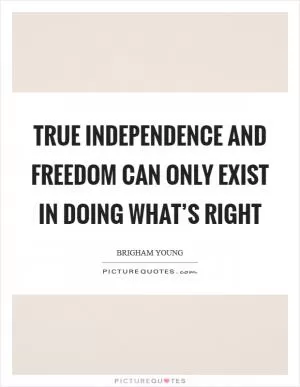

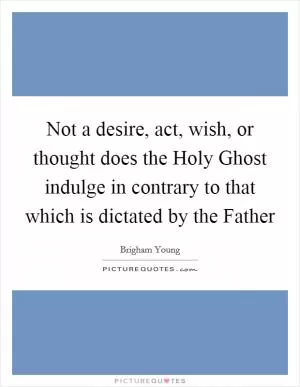
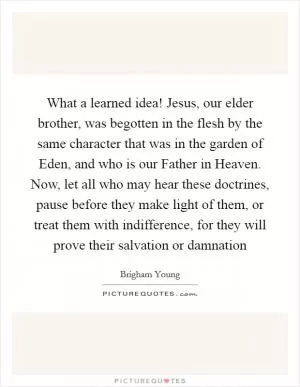

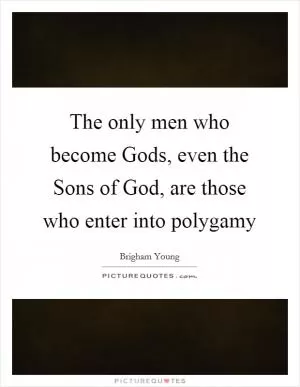
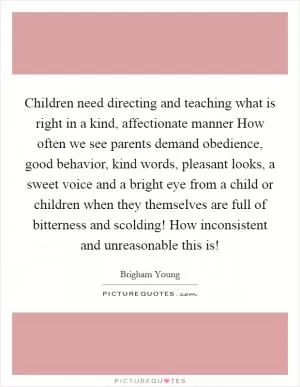
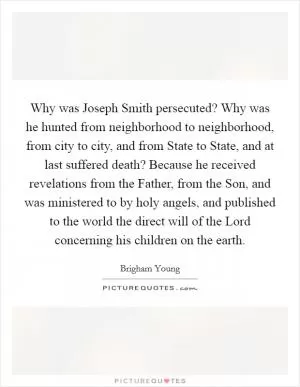


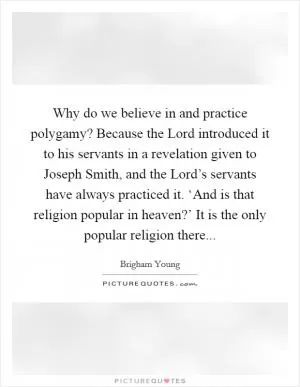
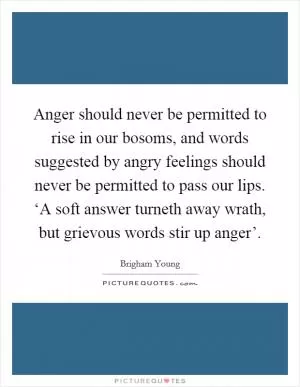
 Friendship Quotes
Friendship Quotes Love Quotes
Love Quotes Life Quotes
Life Quotes Funny Quotes
Funny Quotes Motivational Quotes
Motivational Quotes Inspirational Quotes
Inspirational Quotes